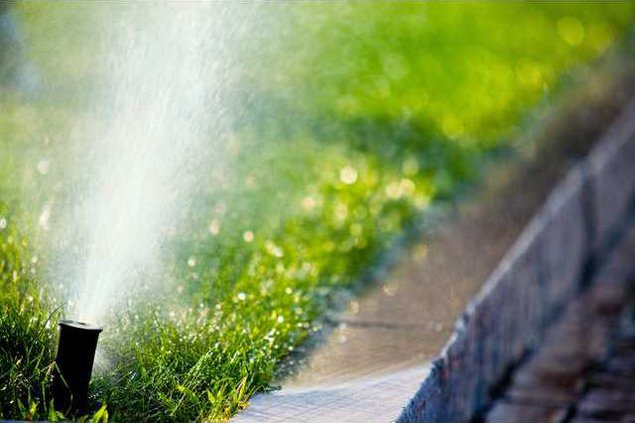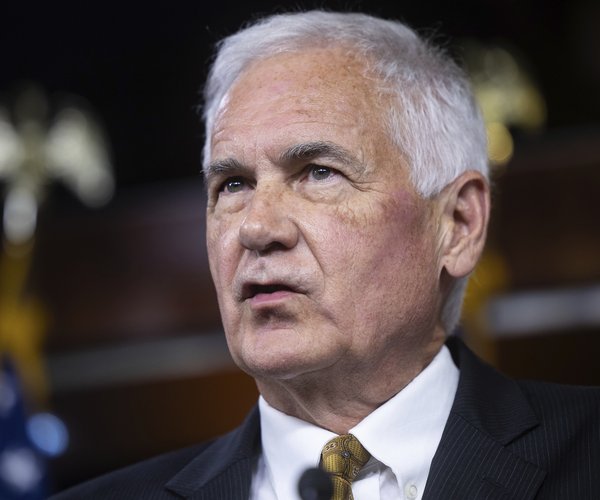The Water Resources Control Board is considering making California’s drought-era water restrictions permanent, a concern for many water districts and other users across the state.
Members of the state Water Resources Control Board delayed a decision on Tuesday about whether to bring back what had been temporary water bans from California's drought, spanning 2013 to 2017. It comes after U.S. officials declared that nearly half the state, all of it in the south, is back in drought just months after emerging from it.
Officials from several irrigation and water agencies said the restrictions are reasonable, but not the plan to impose them under the state Constitution's prohibition on the "waste or unreasonable use" of water. That would create a slippery slope of allowing the board to repeatedly chip away at California's historic protection of water rights for landowners, they said.
Water Board member Dorene D’Adamo, from Turlock, also voiced concerns with the “waste or unreasonable use” prohibition being the legal standing for the regulations.
“I am fully in support of taking the action that we’re taking in terms of the policy, but I’m a little uncomfortable about the tool that we’re using,” she said.
Daniella Green, who was representing the Patterson Irrigation District and West Stanislaus Irrigation District, among others, had three main concerns with the proposal. Her first concern was that the California constitution prevents “unreasonable use of water” and the Courts have stated determination of unreasonable use is on a case by case basis allowing for due process of law. According to Green, the regulation would take away due process. She said the proposal exceeds the water board’s scope of authority; and thirdly that the ban targets the wrong person, with regulations aimed at the end user and not the water right holder.
“While the proposed regulations are packaged in a veil of water conservation, they do little themselves to further this overall goal …. My clients feel that these regulations are merely the beginning of the erosion of California’s well-established water law policy,” said Green.
David Bolland, representing the Association of California Water Agencies, told the water board that many of the measures are best regulated at the local level.
“A statewide prohibition, even during a drought, is not necessarily the right measure. We believe that local authorities are being used and can be used to implement that and meet other measures as well,” he said about the mandate that restaurants serve water only on request.
The restrictions, punishable by a $500 fine, include prohibitions on watering lawns so much that the water flows into the street, using a hose to wash down sidewalks or using a hose without an automatic shut-off nozzle to wash cars. A final decision is now expected by April 17.
No matter what the state Water Resources Control Board decides, the City of Turlock will continue with water restrictions.
Turlock never lifted its drought restrictions when the Governor declared an end to the drought in April 2017. The Governor’s declaration stated that the drought was over on a statewide level, but he authorized local water agencies to maintain whatever level of restrictions they deemed necessary based on local water conditions.
Turlock saw no recovery in the aquifer last year and the city continues to lose well production due to diminishing water quality and increasingly stringent state regulations, therefore, the City Council voted to maintain drought restrictions and mandatory water conservation. Currently, Turlock businesses and residences are restricted to one day per week for landscape irrigation. Starting March 1, the City will return to a two-day a week water schedule.
The Associated Press contributed to this report.





